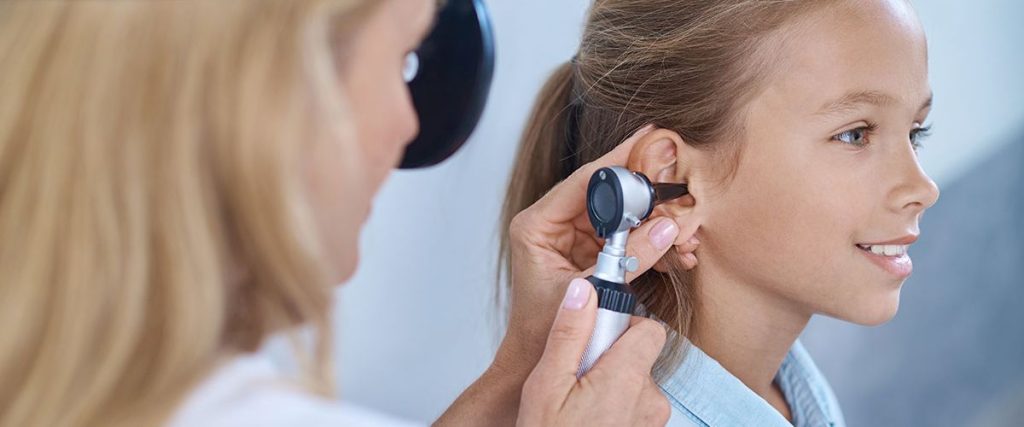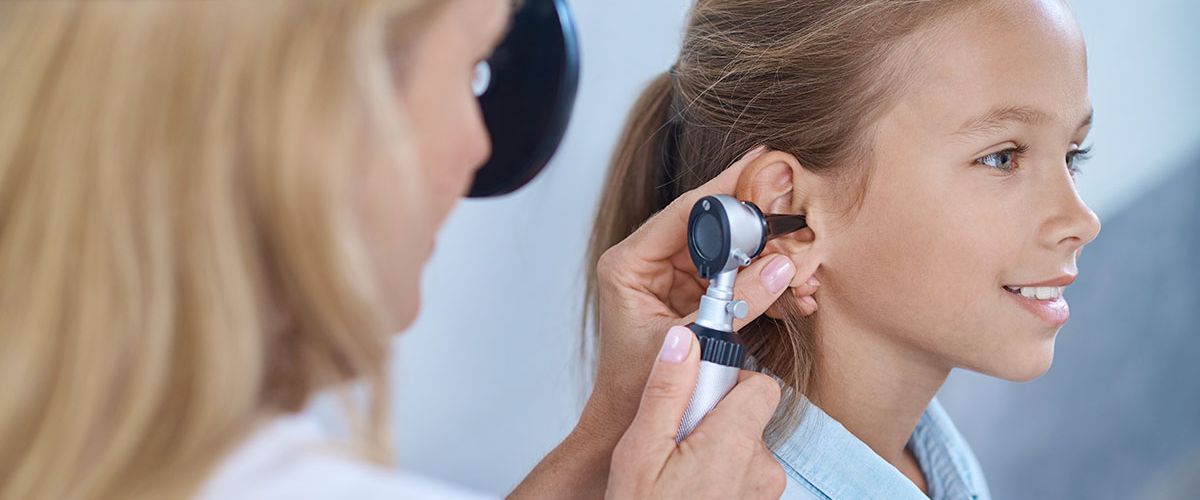Welcome to this complete journey into the fascinating world of audiometry! If you have ever wondered what an audiometrist is and what their role is in hearing health care, you are in the right place.

Here, we’ll break down everything you need to know about this exciting profession. Audiometrists play an essential role in detecting and managing hearing problems, but what exactly does an audiometrist do? Let’s find out.
What is an Audiometrist and what does he or she do?
An audiometrist is a health professional who specializes in performing audiometries. Its main function is to evaluate people’s hearing ability through various tests. This includes not only detecting possible hearing loss but also identifying its nature and severity. The audiometrist plays a crucial role in diagnosing and recommending solutions, such as hearing aids or specific treatments. It is essential to highlight that his work contributes significantly to improving the quality of life of people with hearing problems.
What does Audiometry mean?
Audiometry is a term you‘ve probably heard on your last visit to the doctor or when searching for information about hearing health. In simple terms, they are a set of tests that evaluate your hearing ability. These tests are essential to determine if there is hearing loss and, if so, to what degree. Audiometry is not only crucial for diagnosing problems but also for deciding the best course of treatment. When we talk about audiometry, we mean understanding how your hearing works.
Differences between Audiometrists and Other Specialties
The role of the audiometrist is often confused with that of other hearing health professionals, such as otolaryngologists or audiologists. The main difference lies in their training and approach. While otolaryngologists are doctors specializing in disorders of the ear, nose, and throat, audiologists have broader training in hearing sciences, including aspects of rehabilitation and communication. For his part, the audiometrist focuses specifically on the evaluation of hearing and the management of audiometry equipment.
How is Audiometry Performed?
Performing audiometry is a meticulous and delicate process. It is carried out in a controlled environment, usually in a soundproof booth, to avoid outside interference. The audiometrist uses different types of tests, such as tonal audiometry and verbal audiometry, to evaluate various facets of hearing. These tests are painless and non-invasive, and the results help understand the patient’s hearing ability at different frequencies and volumes.
Training and Certification of an Audiometrist
Becoming an audiometrist requires specific training in the field of audiometry and hearing health. Typically, this involves technical or college studies in dual-modality prosthetic audiology or related fields, followed by professional certification. Certification ensures that the audiometrist has the knowledge and skills necessary to perform hearing evaluations competently and safely. Additionally, many countries require audiometrists to stay up to date with the latest techniques and technologies through continuing education, thus ensuring the best possible care for their patients.
Importance of the Role of the Audiometrist
The role of the audiometrist is not limited to just performing tests but also involves interpreting the results to help diagnose and treat hearing problems. His work contributes significantly to improving the quality of life of people with hearing difficulties. Furthermore, the connection between audiometry and the recommendation of appropriate solutions highlights the crucial importance of this professional in the field of hearing health.
Finally, we want to make it clear that an audiometrist is a vital professional in the world of hearing health. His job not only involves performing audiometry tests, but also interpreting the results to help diagnose and treat hearing problems. If you are interested in training in this field, we recommend the Higher Degree Online Prosthetic Audiology training with all the comforts and facilities that distance studies offer.












+ There are no comments
Add yours